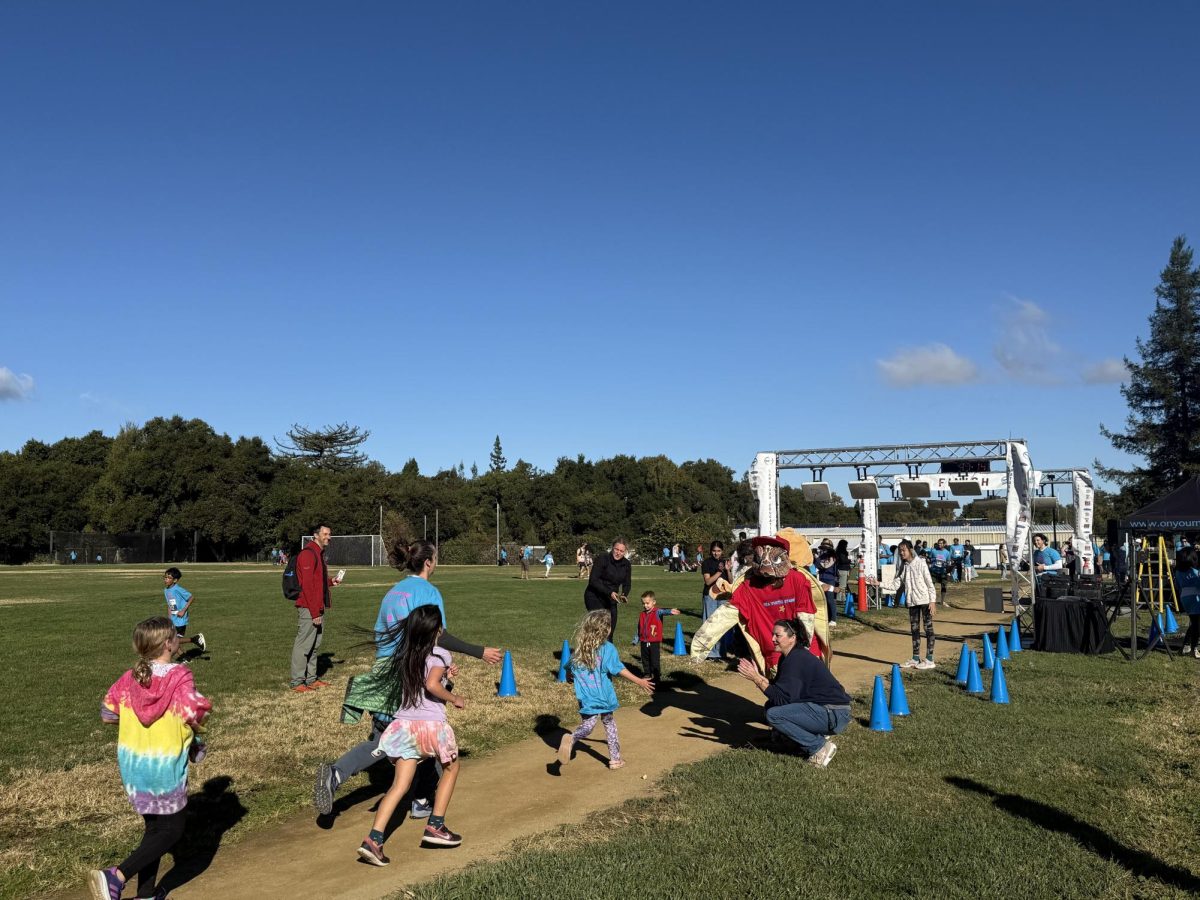As technology and the nature of information change, so should libraries.
That has always been the philosophy of librarian Kevin Heyman in his jobs here and at Independence High School.
When he arrived on the SHS campus a decade ago, the library was in need of some upgrades. It had only 20 computers, magazines stored on cumbersome CD-ROMs and no access to online databases.
When he worked for Independence in 2000, it also had no databases. By time he left, it had “a full suite of databases available for teachers and students over the entire district,” an outcome of his advocation for technology integration.
Coming to SHS, Heyman worked with former principal Jeff Anderson to bring in databases like ABC-CLIO to help students prepare for colleges, most of which usually carry about 800 databases.
“University libraries are expanding their digital collections, so I moved to expand SHS Library's digital collections,” Heyman said. “I visit university libraries and talk to their librarians and make sure that what students experience here, whether in print or online, matches what they will encounter after they graduate.”
However, because some information is not yet accessible online, Heyman stills thinks books are an important resource.
On average, he said roughly 1,000 print books get checked out a year as well as roughly 900 eBooks.
Another key resource are the 95 computers and printer that are available for student use — a resource that dozens take advantage of regularly.
One example is sophomore Tiffany Chen, who used the library’s resources before.
“I realized I had some mistakes in my essay that I needed to fix,” Chen said. “So instead of turning in a copy that I wasn’t satisfied with, it helped a lot that the library had a printer as well as many computers.”
For Heyman, a speech called “Why our futures depends on libraries, reading, and daydreaming” by author Neil Gaiman illustrates the ongoing necessity for libraries.
According to Gaiman, libraries are the symbol of freedom for reading, ideas and communication, filled with information at every shelf; for those without a computer, the library is a place that provides internet connections. Libraries are the “gates to the future,” providing wisdom and different perspectives on cultures.
The Saratoga public library has also adjusted to changing times. It offers a breadth of resources from hundreds of databases, video streaming services, online tutoring, classes, and even a new laptop kiosk.
“I see more people coming in with laptops to the library, but then not everyone has a laptop or sometimes they don't work well,” librarian Birgit Spring said. “It’s nicer for people, especially if they are working a group, if they can just check out laptops and sit at one of the group study tables.”
While new technology and other gadgets adapt to people’s needs, students and staff still discover ways to return to their past of holding a book in both hands snuggled in a small section of the library.
“I have a Kindle and bought so many books but often times I like to feel the book and glance over it,” library technician Lee Tapley said. “It’s a sentimental thing.”
Heyman thinks that as more information technology and resources increase, so will the need for libraries and librarians since they can help find valid sources and information.
“The purpose of a library hasn't changed for a few thousand years and it won't change for the foreseeable future,” Heyman said. “The manner in which information is stored and accessed has changed. As information storage changes, people need help navigating those changes.”




























